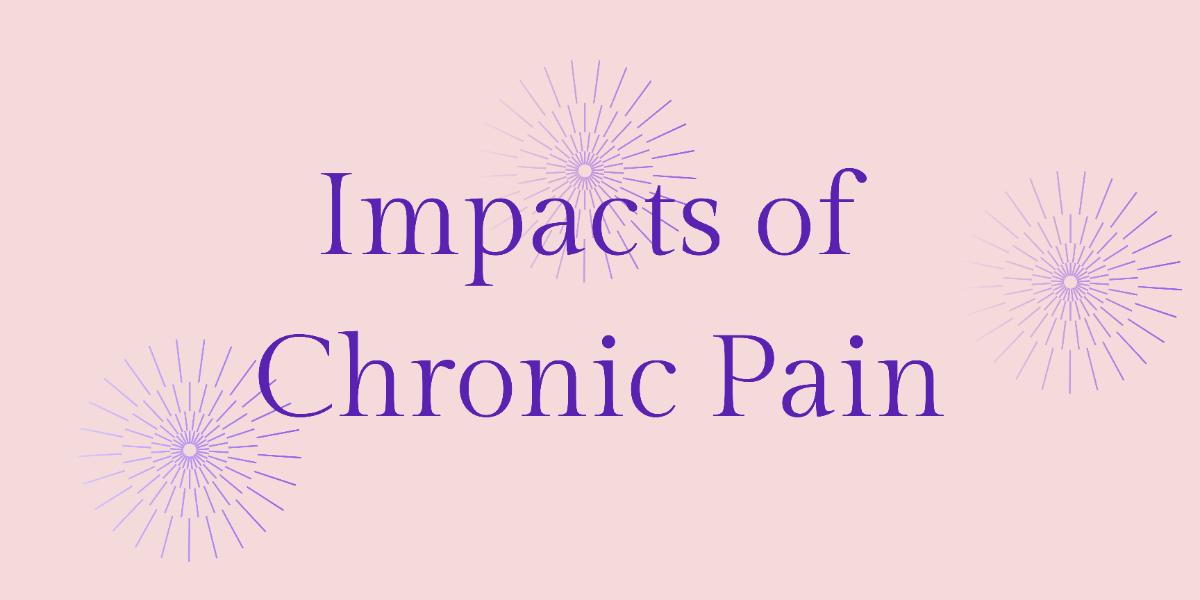
Chronic pain is pain that lasts for over 3 months — it can be there all the time, or it may come and go. Chronic pain can come in many different forms and appear in different areas of your body. Some common types of this pain include arthritis, back pain, neck pain, cancer pain, headaches (including migraines), muscle pain, and so on. Those who experience chronic pain describe their pain in different ways, including aching, burning, shooting, squeezing, stiffness, stinging, and throbbing.
There are four major lifestyle factors that can affect chronic pain and help to minimize it: stress, exercise, diet, and sleep. Stress can play a major role, so it’s important to attempt to reduce your stress as much as you can. Techniques like meditation, deep breathing, and mindfulness can reduce stress levels. Participating in light exercises such as walking can help to reduce pain. Having a healthy diet is important in boosting your overall health — eliminating foods that cause inflammation, such as red meat, can help to reduce the pain. Lastly, having enough of quality sleep is important in your overall help and stress management.
Chronic pain can interfere with your daily activities such as working, your social life, and taking care of yourself and others. Chronic pain can lead to depression, anxiety, fatigue, insomnia, and mood swings, which in turn, can make the pain worse.
Chronic pain usually does not go away, but you can manage it with a combination of strategies that work for you. If you are experiencing chronic pain, depression, and/or anxiety, it’s important to seek treatment for your mental health. There are many ways to manage your pain and to lead you to a more comfortable life.
